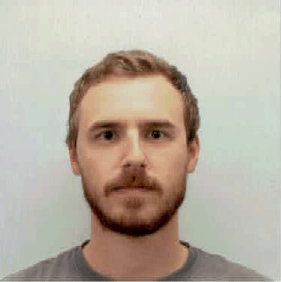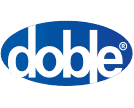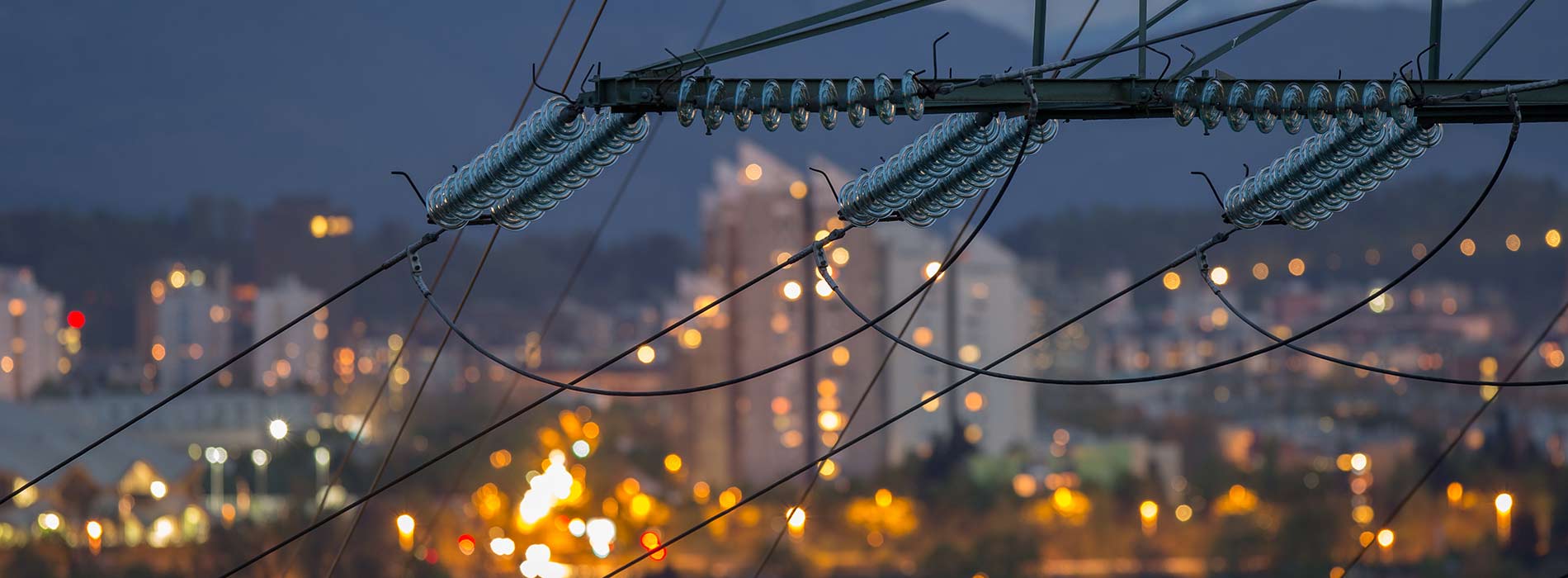Mastering Power Industry Know-How: A Q&A with Mike Hughes-Narborough
 Knowledge is power, and education is the key to the future – or so it was for Doble’s Mike Hughes-Narborough. Mike developed an early interest in the power and energy industry and graduated from the University of Durham (UK). He went on to become a Knowledge Transfer Partnership (KTP) associate through Glasgow Caledonian University (GCU), supported by Doble and Innovate UK, a government funding body.
Knowledge is power, and education is the key to the future – or so it was for Doble’s Mike Hughes-Narborough. Mike developed an early interest in the power and energy industry and graduated from the University of Durham (UK). He went on to become a Knowledge Transfer Partnership (KTP) associate through Glasgow Caledonian University (GCU), supported by Doble and Innovate UK, a government funding body.
In a field full of opportunity, Mike saw the promise of a career in the power industry. He now works fulltime for Doble as a Technical Solutions Resource Engineer. We caught up with Mike between international testing jobs, so he could share with us his professional background, interests and experience.
Doble: What led you to a career in the power industry?
MHN: After completing my Masters in 2014, I was certain I wanted to work in the power space, having focused my studies on engineering – particularly around new and renewable energy – while at university. I heard about the GCU/Doble program and thought I’d at least apply. Honestly, I wasn’t sure I would be accepted, as there are many qualified candidates who submit their credentials. I was very happy when Doble took a chance on me.
Doble: Can you tell us more about the program with GCU and Doble that you participated in?
MHN: Of course. GCU and Doble have a long-standing relationship and I first started collaborating with them as part of the Knowledge Transfer Partnership program in the UK. The goal of the program is to transfer knowledge and experience between research groups at higher learning institutes and corresponding industries, like GCU and Doble. In this way, both parties gain from the partnership; industry gains cutting-edge research to address their challenges, and the academic partners gain insight into real-world problems. For example, Doble’s first radio frequency interference (RFI) survey tool (PDS100) and subsequent versions were developed in partnership with GCU. In fact, part of Doble’s research and development team are now based at the university, further strengthening the relationship.
Doble: And what about your specific role in the program? What were your objectives and how did you meet them?
MHN: My project was to work on making a smart application that could analyze partial discharge (PD) and electromagnetic interference (EMI) data, automatically. There were already several PhD students working on pre-classification algorithms based on inputs, so there was a need for someone to analyze and interpret the data. I would be sent on-site to collect data from different fault conditions and subsequently train algorithms what to identify.
Automating the identification process would make it easier for our clients to understand the results from PD and EMI tests without requiring extensive knowledge or training.
Doble: How frequently would you come across problems in the assets you were testing?
MHN: Most tests are fairly routine – I’d say about 80-90 percent are standard. I enjoy all my work, but my job would get especially interesting during that 10-20 percent of the time when something looked out of the ordinary. It’s never good when problems come up, but our clients would always be grateful that there was someone like me with the know-how to identify any issues before they developed into something more serious and disruptive.
Doble: When the KTP funding ended, Doble made you a job offer; what is your work like now? Do you have a favorite part of the job?
MHN: I continue to conduct tests on equipment, and have also been given the opportunity to write some papers recently – largely for Doble and industry events – highlighting successful case studies. I still enjoy the problem-solving aspect to my work; detecting a potential cause for concern, identifying and locating the issue, and working with the customer to figure out how to mitigate the problem. It’s a bit like having a client present you with a puzzle, and I get to investigate and identify how to make it whole again.
Doble: What would you say you have learned so far in your career?
MHN: I have been able to do a lot with electromagnetic interference and radio frequency interference. I suppose when you work with something almost every day for two years, you get to know it well. In that sense, it has been a cool opportunity to position myself as one of the UK experts on these two topics.
Doble: Do you have any recommendations for other young engineers looking to break into the power and energy industry?
MHN: I have a few! If anyone can truly say that they understand what partial discharge does, they would be able to get a job anywhere. I would encourage everyone to apply for jobs that you don’t feel qualified for. Many people think they may not be right for a certain position, but they won’t know unless they try. Based on my experience with Doble, I think interest can often be just as, if not more, important than qualifications. If you have an interest, work hard, develop your skillset and go for it.
Additional Information
- Work with Doble: If you too have an interest and drive to work in the power industry, check out our current openings on the Doble career page.
- Learn More: Read more Doble employee profiles, including this Q&A with Doble’s Simon Sutton.











